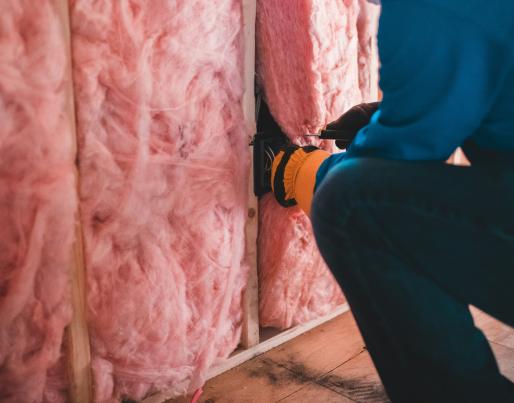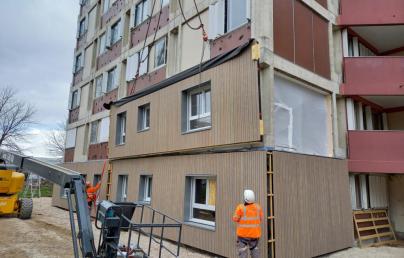
Between regulatory challenges and sustainable innovation

Between regulatory challenges and sustainable innovation
The integration of bio-based insulation materials into the European construction sector is advancing slowly due to regulatory, economic, and technical barriers. However, industry experts underscore their sustainable potential and the vital role of public policy, professional training, and awareness.
The integration of bio-based insulation materials (BbIMs) into the European construction sector faces significant structural challenges. Through structured questionnaires conducted with industry experts in countries such as Italy, France, Germany, and Spain, common obstacles were identified, including the difficulty of obtaining CE marking, high production costs, limited technical training, and the slow uptake by key decision-makers in the sector.
Despite these hurdles, emerging opportunities are evident, driven by supportive policies, financial incentives, growing environmental awareness, and the long-term value of these materials in terms of energy efficiency and sustainability. The pivotal role of users and buyers in the adoption of BbIMs must be emphasised, as they can act both as enablers and as barriers. While countries like France benefit from a favourable regulatory framework that has significantly boosted the use of these materials, other regions continue to face regulatory and market constraints.
Experts recommend strengthening environmental standards, promoting continuous professional training, integrating natural materials into official construction databases, and using exemplary projects as references. Additionally, the low level of integration of these materials into Building Information Modelling (BIM) environments is highlighted as a limiting factor for their visibility and application in early design stages.
Bio-based insulation in construction.PDF
English (9.52 MB - PDF)
